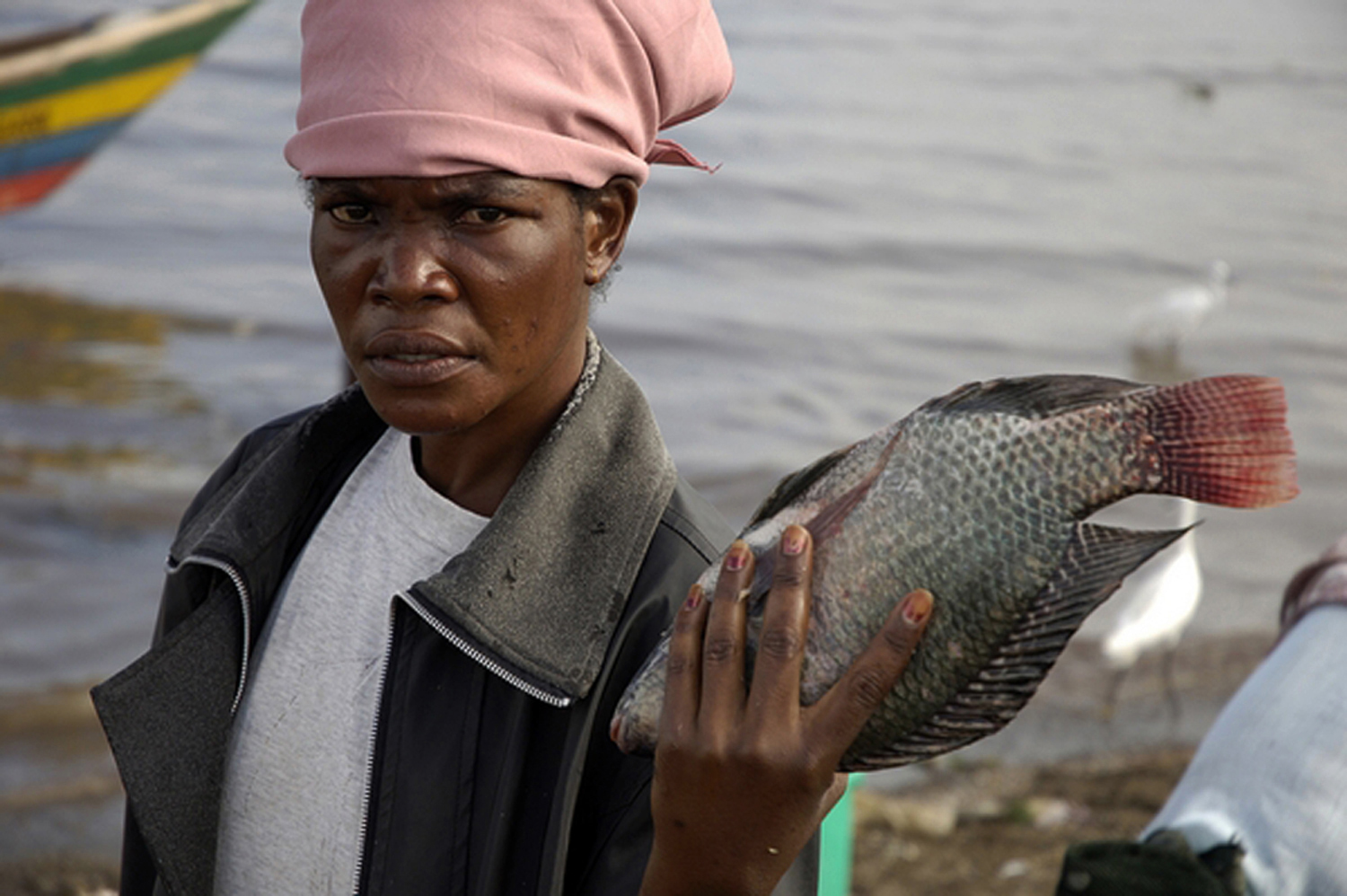Of the numerous sub-types of HIV circulating worldwide, A and D are the most common in Uganda and were found in most of the 117 men and women surveyed from five fishing communities in the two districts of Masaka and Wakiso. But the study also found that 29 percent had "recombinant" forms of HIV called A/D and D/A - evidence that re-infection has occurred.
Some of the recombinant strains may have been the result of "superinfection" which occurs when an HIV-positive person is re-infected with another strain of HIV and can increase the likelihood of drug resistance to antiretroviral (ARV) therapy if a resistant virus is transmitted and could also speed up disease progression.
Now researchers in Uganda are looking for interventions aimed at educating HIV-positive members of the fishing communities around Lake Victoria about safe sex.
“We are starting to see transmission of viruses that are resistant to some drugs and need to inform even those already infected not to engage in risky behaviour to avoid superinfection,” said Pontiano Kaleebu, Director and head of the Basic Sciences Programme at the Medical Research Council/ Uganda Virus Research Institute (MRC-UVRI) Research Unit on AIDS, which is conducting the three-year study.
Kaleebu said there was a danger they could be re-infected with a strain of the virus that was resistant to certain ARVs, making treatment very difficult, but Juliet Mpondwe from the MRC said that data on the prevalence of drug-resistant HIV strains would only be available once the study was finished in 2012.
Speaking at a workshop in Entebbe, the main city in Wakiso District, the researchers said they wanted to develop interventions aimed at the fishing communities, such as education on how to reduce HIV risk through abstinence, being faithful to one partner, condom use and male medical circumcision.
| Read more | |
“We want to work with these communities and learn more in order to see how we can intervene, but also prepare for future research in vaccines and microbicides [female-controlled HIV prevention products],” said Kaleebu.
The spread of recombinant forms of HIV could have implications for vaccines and microbicides developed to guard against only certain sub-types.
en/ks/mw
* This story, originally titled 'UGANDA: HIV superinfection spreading in fishing communities' and released on 31 August has been substantially amended. The original confused recombination and superinfection. IRIN/PlusNews apologizes for the error.
This article was produced by IRIN News while it was part of the United Nations Office for the Coordination of Humanitarian Affairs. Please send queries on copyright or liability to the UN. For more information: https://shop.un.org/rights-permissions
